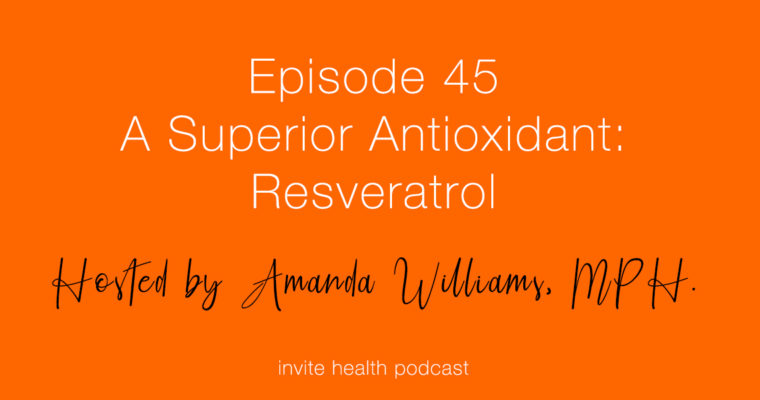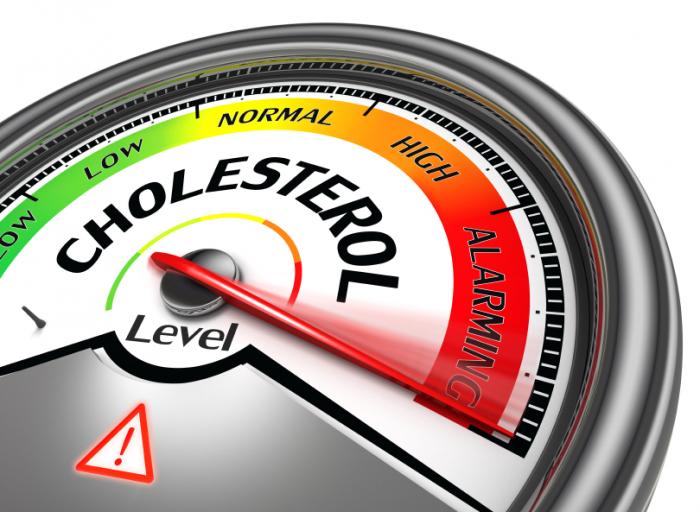You’ve probably heard, “Watch your cholesterol levels!” more than you’d like. But, the fact is, your cholesterol level can determine a lot about your health and other factors you may be at high risk of developing.
What is Cholesterol?
Cholesterol is a fat-like substance found in all cells of the body. Your body needs it to make hormones, Vitamin D, and substances that help you digest foods. Your body makes all of the cholesterol that it needs, but because humans consume foods high in cholesterol like meat, poultry and dairy products, high levels can cause a lot of damage to the body.
The highest quality ingredients to support optimal cholesterol health – click here!
There are two types of cholesterol – LDL and HDL. LDL is the “bad” cholesterol that can cause a buildup in your arteries. HDL cholesterol, “good” cholesterol, carries cholesterol from other parts of your body back to your liver, where it is removed from the body naturally.
When to Worry
Having high cholesterol levels, specifically LDL, means you have too much bad cholesterol in your blood. This can be determined by your doctor running a blood test and testing your levels. High LDL levels are dangerous, as it increases your risk of developing heart disease.
According to The Framingham Heart Study, the following ratios roughly signal different degrees of heart disease risk:
Men
- 5.0 = average risk
- 3.4 = half the average risk
- 9.6 = twice the average risk
Women
- 4.4 = average risk
- 3.3 = half the average risk
- 7.0 = twice the average risk
According to the National Center for Health Statistics, nearly 1 in every 2 American women has high or borderline high cholesterol. The center reports, 240 mg/dl and above is considered high, 200-239 mg/dl is borderline high, and less than 200 mg/dl is considered your desirable level.
What happens to your body when you have high levels?
Heart disease is a condition where plaque builds up inside your arteries. When plaque – a combination of cholesterol, fat, calcium and other substances – builds up, that is called Atherosclerosis, which limits the flow of oxygen-rich blood to the heat. If the buildup of plaque becomes too large, it can cause a complete block of blood through the artery which commonly leads to a heart attack, as the blood to your heart muscle is reduced or blocked.
What can you do if you have high cholesterol?
The good news, according to Jerry Hickey, R.Ph is that your cholesterol levels are completely manageable. “A major strategy of health professionals in reducing the risk of cardiovascular related death and morbidity is to reduce LDL-cholesterol, and if need be increase beneficial HDL. It is crucially important here to emphasize a good and balanced diet as the first line of action against high cholesterol. A menu rich in fresh fruits and vegetables, including some whole grains, seeds, fresh nuts and beans, is a fantastic start. Salmon or some other fish two or three times a week is also a good choice. Restrict salt, and consume only small amounts of saturated fats while avoiding synthetic trans-fats altogether. Exercise, stress management, and rest are also required components in lowering blood cholesterol levels and the risk of stroke and heart attack. In recent years it has come to light that inflammation is an important contributor to cardiovascular disease. Inflammation causes immune system factors such as C-reactive protein (and many others) to spill into the blood stream. These factors greatly contribute to hardening of the arteries and all its related woes. In fact, C-reactive protein has been shown to cause blood vessel dysfunction and dramatically increase the risk of stroke and heart attack.
Nutrients for Healthy Cholesterol Levels
There are nutrients that, along with a healthy diet and exercise, that may contribute to healthy cardiovascular health. Here are important phytonutrients to include into your diet, according to Jerry Hickey, R.Ph –
Plant Phytosterol Esters are natural components of foods that safely compete with bad cholesterol for absorption. To a degree, the more Phytosterol Esters present in your digestive tract during a meal, the less cholesterol you will absorb. Phytosterol Esters have been studied in large and varied populations over the past 50 years and it is very well documented that Phytosterol Esters are very safe. They quickly lower total cholesterol and dangerous LDL-cholesterol and improve the ratio of LDL to HDL (a determinant of longevity in the elderly).
Policosanol is a component of sugar cane wax that safely aids a healthy cholesterol balance. Although it comes from sugar cane, Policosanol lacks sugar and is safe for use by diabetics and weight watchers. Policosanol reduces the production of cholesterol, while also increasing its rate of excretion.
Red Yeast Rice is an important nutrient that is formed by fermenting rice with red yeast, creating structures called monacolins. Monacolins have a profound impact on healthy cholesterol balance. Red yeast rice has been used in traditional Chinese medicine for promoting healthy circulation, as it helps decrease levels of LDL-cholesterol and total cholesterol, lowers triglyceride levels and impacts lipoprotein (a blood fat difficult to lower that may be more dangerous than LDL-cholesterol). Red yeast rice also decreases C-reactive proteins and other inflammatory components in the blood.
Resveratrol is an important nutrient, derived from red grape skins. Rather than directly lowering cholesterol levels, Resveratrol stimulates greater release of PON-1 by our liver. Pon-1 is an important component of HDL, and it gives HDL its ability to stabilize LDL- cholesterol. This prevents LDL rancidity helping to prevent cardiovascular disease. Resveratrol also has the ability to directly protect the heart muscle and relax blood vessel walls – improving blood flow and helping to prevent increases of blood pressure. Resveratrol also directly protects the blood vessel walls from damage and decreases inflammation on blood vessel walls. It may also modestly improve blood viscosity.
Source: https://goo.gl/6seVUQ
Do you have questions about your Cholesterol levels? Leave a comment for Jerry Hickey, R.Ph for some advice!






